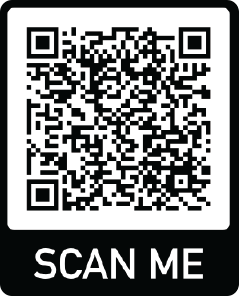Anger & Stress Management
This training is designed to explore what stress is, identify triggers and effects of stress, and examine the makeup of stress. Participants will learn practical calming techniques and coping skills for managing stress, such as changing self-talk, breathing exercises, and ways to relax.
Duration: 1.5 Hours
- Audiences: Adults & Caregivers, School Staff, Youth
